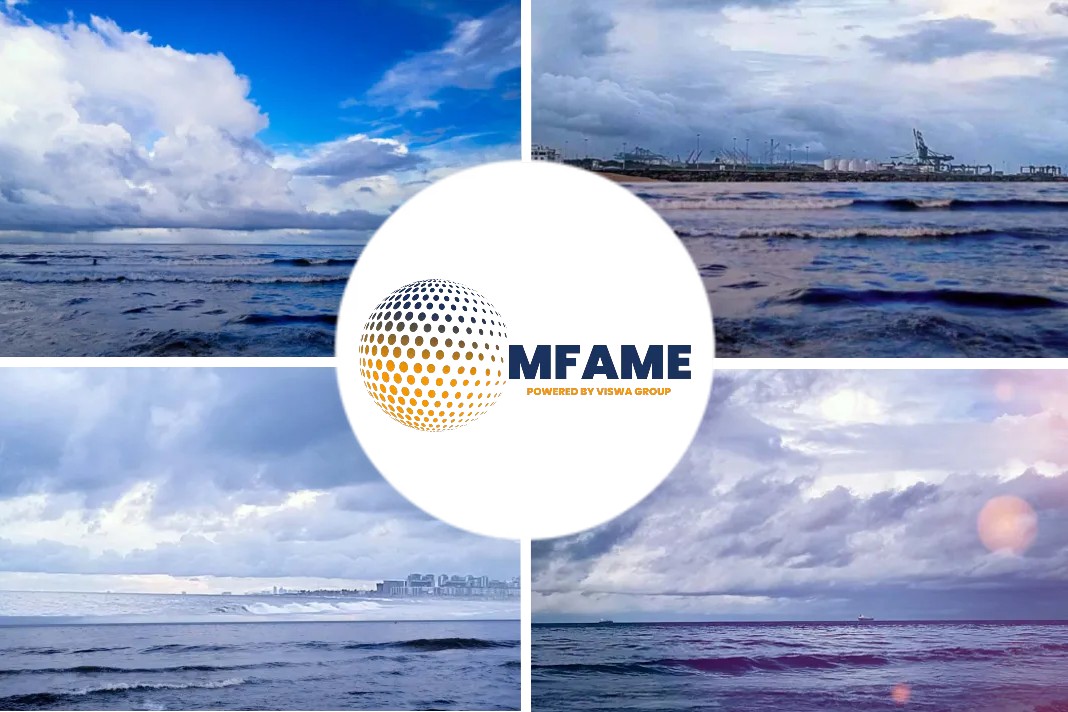
The construction of an innovative general cargo vessel designed by the Groningen-based ship design and engineering office, Conoship, is progressing at the Gelibolu Shipyards in Turkey, says an article published on projectcargojournal.
Transport of general cargo
The NB60 is a vessel of the CIP 3600 design that is well suited for the transport of general cargo at inland as well as coastal waters.
Emissions legislation
Speaking of the design and the cooperation with Conoship, Oya Aksoy, board member of Gelibolu Shipyards said, “We had built Conoship designs before – both for our own general cargo fleet and for other customers – and were pleased with the performance of the vessels, particularly their fuel efficiency. When we started looking at the future of general cargo vessels, the CIP 3600 was a strong proposal. We were impressed with the research that had gone into the design, from modern building techniques to features regarding the vessel’s operation. It was also important to us that the design balanced practicality with the long-view over the vessel’s lifetime, allowing for flexibility regarding future fuel innovations and changes in emissions legislation.”
“Our strengths lie in high added-value projects, and we have extensive experience building small-to-medium size river-sea vessels, and with diesel-electric propulsion in offshore supply and accommodation projects. All of these factors made the CIP 3600 a good fit for our new building program,” Aksoy added.
New standard
According to Conoship, this vessel can be considered the new standard for low-air draught sea-river coasters. Featuring a diesel-electric propulsion system, enlarged propeller in combination with a ConoDuctTail and optimised hull lines, its fuel consumption will be best in class, especially in wind and waves, the company said.
CO2 emissions
To further improve its performance, the design is ready for wind-assisted propulsion, as it is prepared for the placement of Econowind VentiFoils, which would reduce fuel consumption and CO2 emissions by about 10 percent annually, depending on the sailing route.
Future-proof design
Conoship also states that the design is highly future-proof. The EEDI of the vessel as calculated as a diesel-driven vessel is already below the phase 3 requirements.
Conceptual design process
Additional elements of the design arrangement facilitate a switch to future fuels. “For example take off the generators and replace them with a methanol power generator set and then put in methanol tanks as well, or take them off completely and put on liquid hydrogen tanks and fuel cells,” explains Jan Jaap Nieuwenhuis, managing director at Conoship International.
“All these redesign possibilities were taken into account from the beginning of the conceptual design process.”
Did you subscribe to our newsletter?
It’s free! Click here to subscribe!
Source: Projectcargojournal















